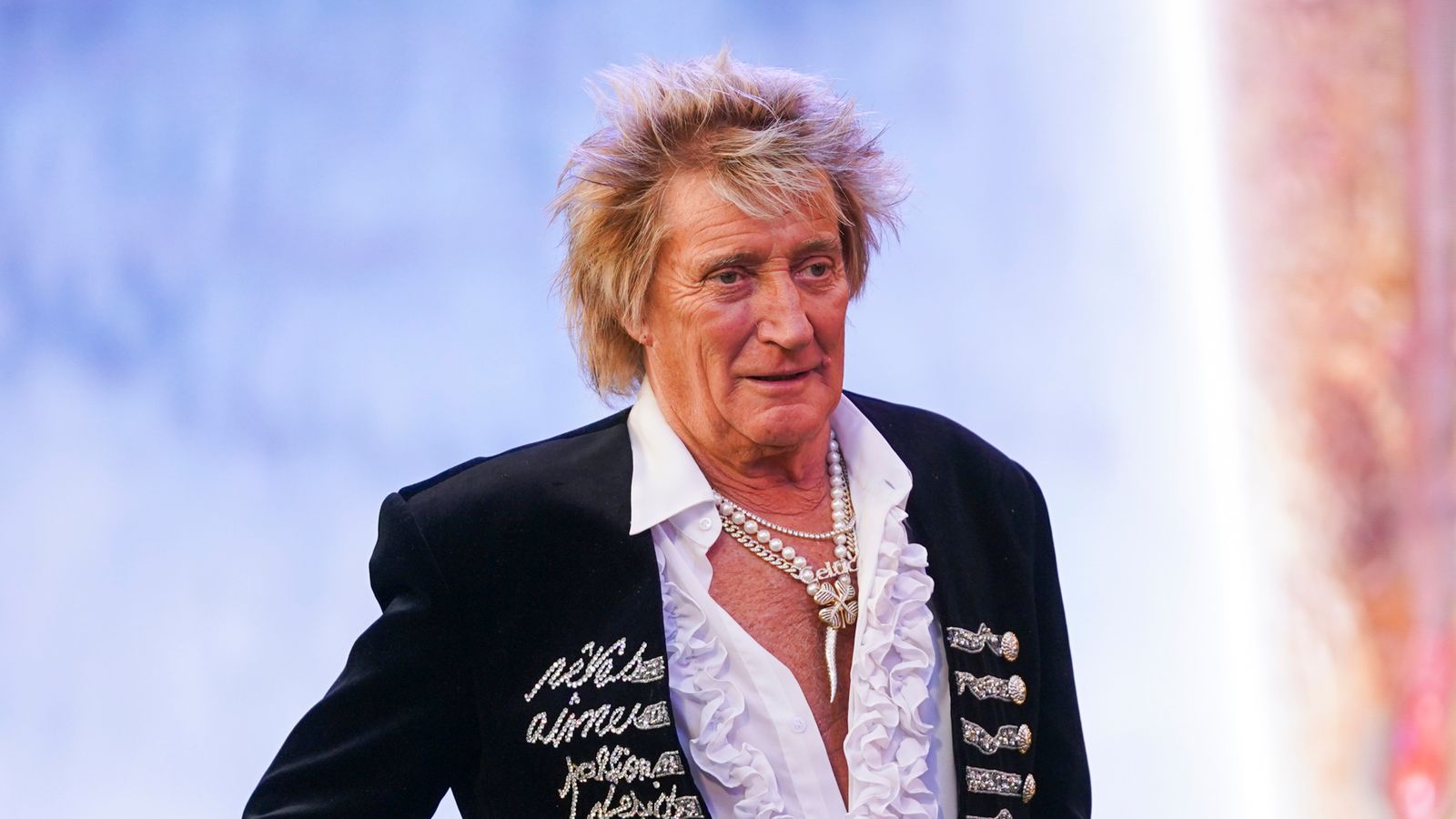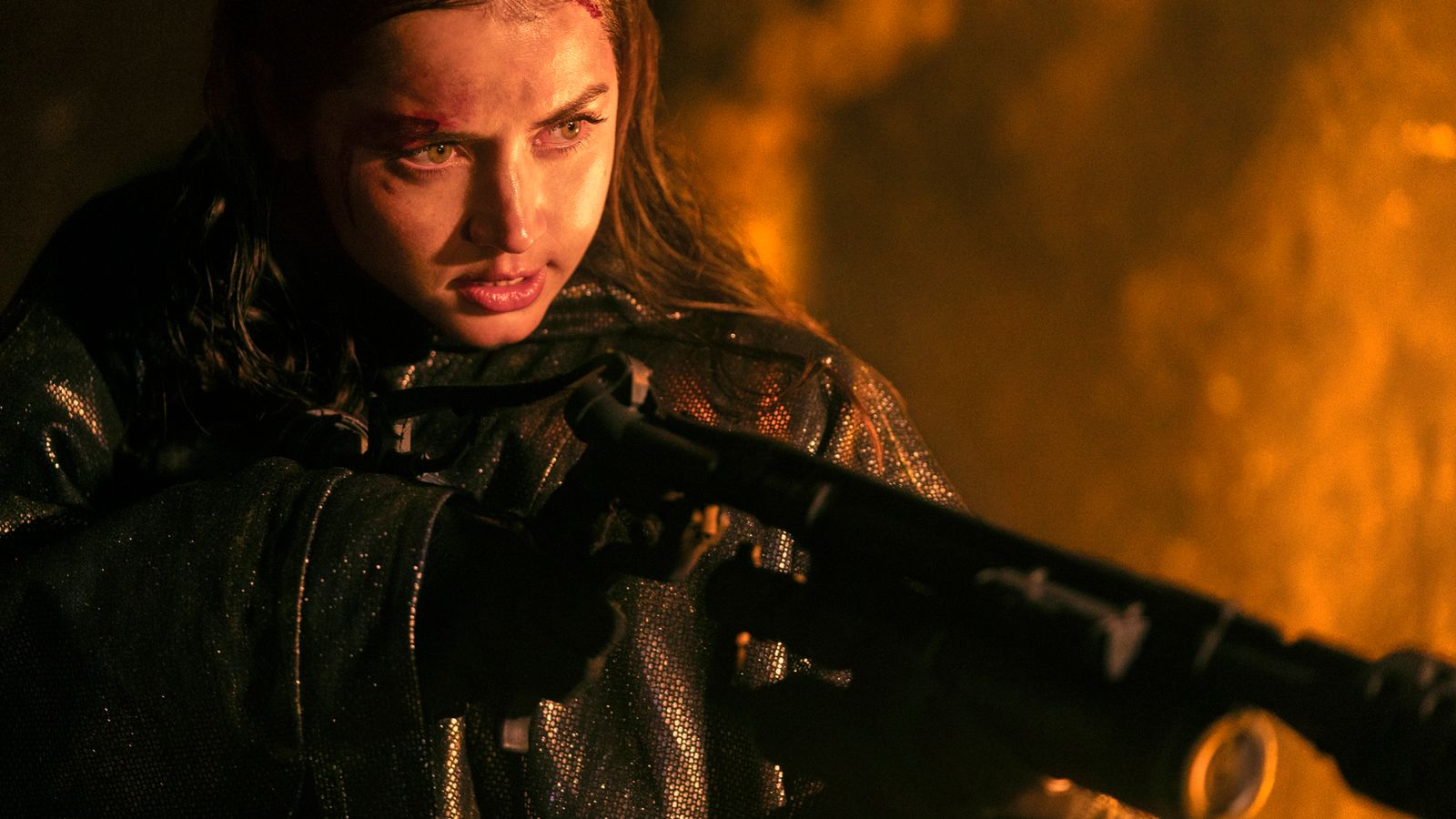Do you plug your car in as soon as you get home from work at the end of the day? Raise your hand. (I just asked my husband to raise his hand.) OK, we have to stop doing that, because it’s peak period – which means a higher electric bill.
More than a quarter – 28% – of EV drivers charge their cars as soon as they get home, instead of waiting for the cheapest time to plug in. (That stat is out of the UK, mind you, but this is probably pretty similar in other countries. It certainly is in my driveway.)
Only 12% of EV drivers in the UK wait to charge until a point in the week when they predict energy prices and carbon would be the lowest, and only 3% are scheduling automated charging when energy is cheapest, according to UK-based consumer EV and home energy tariff comparison website Love My EV.
But the ways to save money on home charging transcend borders. Check them out, because they’re easy to implement:
Home charging during off-peak times
Charge your EV at off-peak times. If you charge during peak times, then it costs more money. If you’re not sure when that is, search online. Try your utility’s website, or your state’s public utilities or service commission, because it’s that organization that regulates rates and services.
The Florida Public Service Commission’s website gave me the information I needed. The off-peak times, i.e., the best times to charge where I live, are 10 a.m.-6 p.m. during the winter, and 10 p.m.-11 a.m. during the summer. (There is no need for air conditioning or heat in winter during the day, and low usage of other electrical appliances in the summer overnight. Typically, power bills are the highest in Florida in summer.)
On the flip side, the peak times, i.e., the worst times to charge, are 6-10 a.m. and 6-10 p.m. during the winter, and noon to 9 p.m. during the summer. (That’s electric heat consumption in the morning and evening, and the whole enchilada in summer of all the appliances and AC.)
If you live in the US, depending on where your state is, or in another country, this is really going to vary, so definitely check and make note.
Your electric car’s battery
Avoid running your battery lower than 20% and set it to stop charging at 80% unless you need the range for a longer journey, as the first and last parts of the battery take the longest to charge. This is also good for battery health and longevity.
A charged morning start
If you live in a colder climate such as Vermont, in fall and winter, finish your charging as close as possible to the time you leave home in the morning. As charging warms the battery, you’ll have more range from the same amount of energy.
Heat isn’t your battery’s friend
Moderate temperatures generally mean you get more miles per charge. However, above 77 Fahrenheit (25 degrees Celsius), range starts to fall again. If it’s hot out, make an effort to charge in the shade.
Extreme temperatures
In extreme heat or cold, keep your car plugged in (but not necessarily charging) to allow the battery temperature controls to keep running.
Solar option
If your car is at home during the day, investing in rooftop solar means you’ll charge with the cleanest and cheapest energy. Prices have dropped considerably, so it’s worth getting a quote now, even if you ruled solar out in the past. (Plus, there’s that whole global warming thing.)
Read more: Only 54% of EV owners know about home charger rebates — survey
Subscribe to Electrek on YouTube for exclusive videos and subscribe to the podcast.













